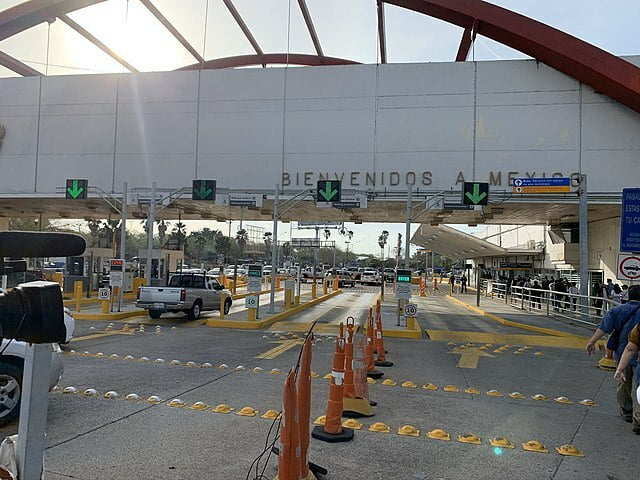President Donald Trump has agreed to pause planned tariff hikes on goods imported from Mexico for 90 days, extending the current trade arrangement and buying time for the two nations to negotiate a potential new deal. The move temporarily halts escalating trade tensions between the United States and its largest trading partner just hours before higher tariffs were set to take effect.
Under the current agreement, goods from Mexico are subject to a 25% tariff unless they meet the conditions of the United States-Mexico-Canada Agreement (USMCA). Compliant goods continue to be exempt, although sector-specific tariffs remain in place. Trump stated that the temporary extension was the result of a “very successful” phone call with Mexican President Claudia Sheinbaum, noting that the two leaders are beginning to understand each other better amid complex border and trade challenges.
In a public message, Trump said, “We have agreed to extend, for a 90-Day period, the exact same Deal as we had for the last short period of time.” He added that both countries will continue discussions with the goal of finalizing a longer-term trade deal during or beyond the 90-day window.
The announcement comes at a critical moment in U.S. trade policy. Since 2023, Mexico has overtaken China as the United States’ top source of imports, supplying essential goods such as vehicles, electronics, apparel, and footwear. The shift reflects the ongoing realignment of global supply chains, spurred in part by the persistent tariffs on Chinese imports first imposed during Trump’s earlier term—many of which remain in effect under President Joe Biden’s administration.
Mexico is also the second-largest export market for the United States, trailing only Canada. The deep interdependence between the U.S. and Mexican economies underscores the stakes of ongoing trade negotiations. Despite earlier tensions, Mexico has refrained from retaliatory tariffs, though Sheinbaum has previously warned she would respond if higher U.S. tariffs were reinstated.
While Mexico secured a 90-day reprieve, uncertainty still looms for other key trading partners. Canadian goods have been subject to similar tariffs since April, and they could face a sharp increase to 35% unless a last-minute agreement is reached. Trump has not yet confirmed whether he will speak with Canadian Prime Minister Mark Carney before the impending deadline.
Elsewhere, Trump has already taken action: a 40% tariff was imposed on imports from Brazil earlier this week, although certain products were excluded. Other nations may also face higher rates ranging from 15% to 20% as part of a broader plan to raise the general tariff rate, even if they haven’t received direct warnings from the administration.
The evolving trade landscape has created a climate of uncertainty for global markets and businesses, many of which are bracing for the economic fallout from potential new tariffs. Despite the temporary relief for Mexico, the threat of further disruption remains as the administration continues to leverage trade policy in pursuit of revised bilateral deals.












